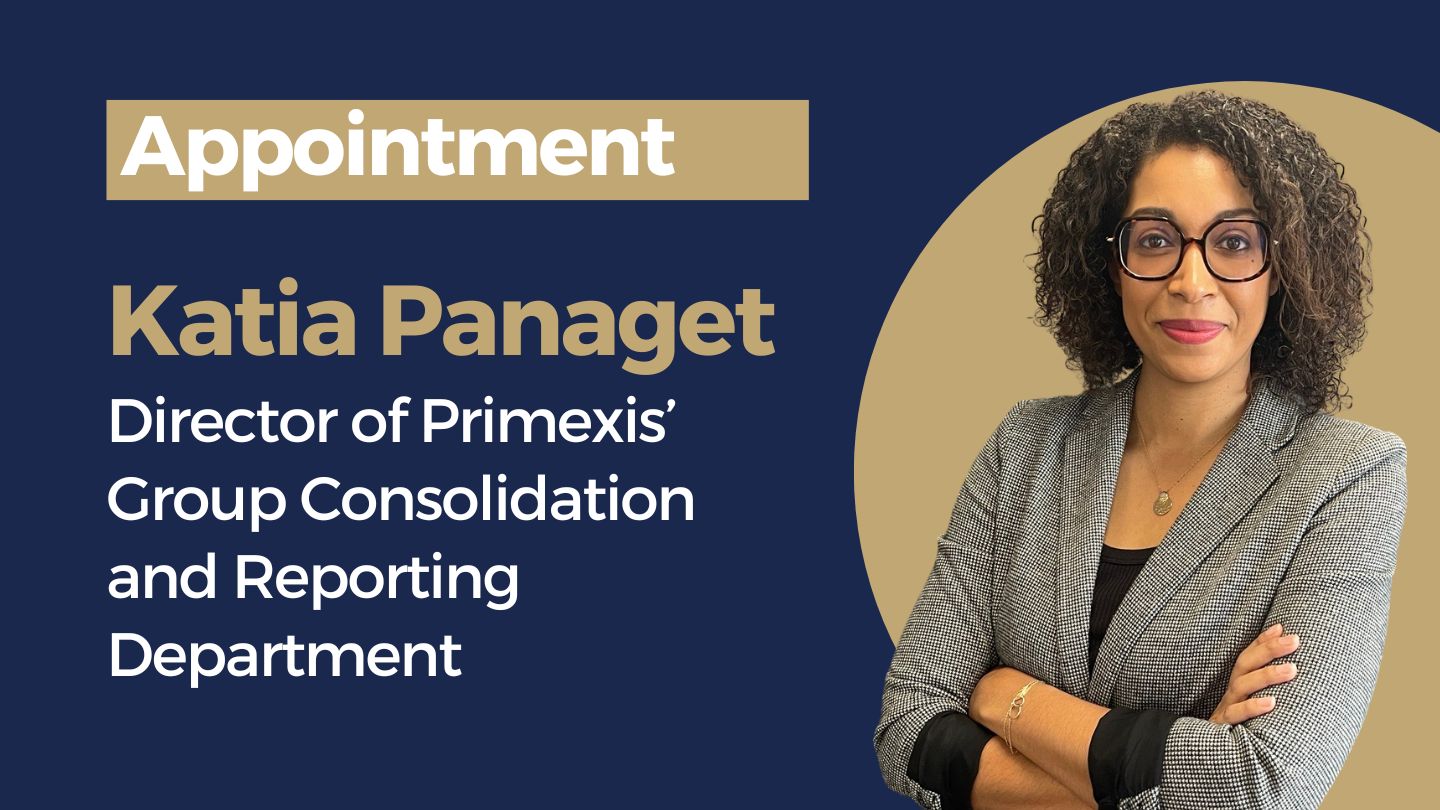On Posting European Employees: Revisiting and Revising EU Regulations

Following discussion, the European Commission presented aproposal for European Directive no. COM (2016) 128 final of 8 March 2016 amending the European directive n° 96/71/EC of 16 December 1996. The latter was adopted by the EU Member States, 20 years ago, at a time when the European Community – the former EU – included only 15 Member States, mostly located in the West.
This revised directive will make it possible to facilitate the posting of workers in an environment of fair competition and respect for the rights of professionals and, above all, to guarantee fair remunerationconditions between the companies of origin and those of the host country of European workers.
Who is affected? ‘Seconded’ or posted workers who are sent by an employer to another Member State to provide a temporary service (less than 24 months). On the other hand, they do not integrate into the labour market of the host country, unlike mobile (1)workers.
When is this in effect? The Directive will definitively be adopted this year and implemented by the Member States and transposed into national law no later than 2 years, so 2018-2019.
Major changes to be enacted:
- The remuneration of posted workers, including in subcontracting situations: to be the same rulesregarding remuneration and work conditions as local workers (minimum wage rates, allowances, bonuses, etc.);
- The rules on temporary workers: guarantees that the national rules also apply in these cases;
- Long-term postings: if more than 24 months, then the labour laws of the host state will apply (if more favourable).
Current rights in force in the host Member (2)State :
- Minimum rates of pay;
- Maximum work periods and minimum rest periods;
- Minimum period of paid annual leave;
- Conditions for making workers available through temporary work agencies;
- Health, safety and hygiene at work;
- Equal treatment between men and women.
Note, the employer may offer more favourable working conditions.
Posting obligations:
As of 1 October 2016, the employer of the State of origin must send, in electronic form to the SIPSI website, to the administration of the host State a declaration and / or attestation of secondment mentioning the following information: employees, companies, terms and conditions (accommodation, working time,…).
European workers posted and welcomed throughout the European Union in 2014 (acronym of European States):
Source: European Commission
European posted workers, at a (3)glance:
- In 2014, 1.92 million European employees were seconded;
- Their number increased by 44.4% between 2010 and 2014;
- In 14 Member States, at least 40% of posted workers come from the border States;
- The average period of posting is less than 4 months.
Primexis, a leading independent Accounting and Consulting firm who has assisted French and International groups and subsidiaries for over 30 years, accompanies you in declaring returns and ensuring compliance with legislation on the posting of European employees.
- Directive 2014/67/EU of 15 May 2014
- Article EurActiv.com with AFP, “France introduces card system to tackle posted worker fraud”, Les Echos.fr, 05/01/2017
By Stefan Petrovski
Supervisor, qualified Chartered Accountant
International Business Services
(1) Mobile workers residing in another EU country to work in or find a job, see here
(2) In France, applicable regulations are enumerated in article L. 1262-4 of Work Code
(3) Source: Information sheet on posted workers in EU, European Commission


